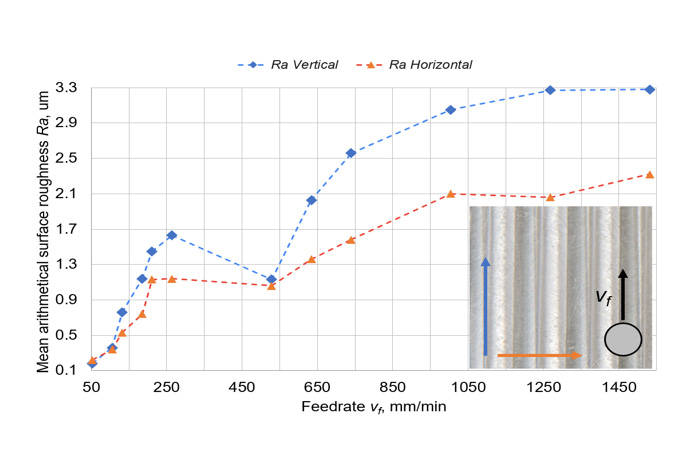
Rui Liu
Assistant Professor
Rui Liu
Assistant Professor
Education
BS, Beijing University (China); MS, Northeastern University; Ph.D., Georgia Institute of Technology
Bio
Dr. Rui Liu is an Assistant Professor in the Mechanical Engineering Department at the Rochester Institute of Technology. He received a B.S. degree in Jet Propulsion at Beijing University of Aeronautics and Astronautics, China, in 2005. From 2005 to 2008, he worked for Aircraft Maintenance & Engineering Corporation in China as a process engineer in engine subdivision. In 2010, he received his M.S. in Mechanical Engineering at Northeastern University focusing on vibration. In 2014, he completed his Ph.D. in Mechanical Engineering at Georgia Institute of Technology majoring in manufacturing.
Dr. Liu’s research covers a wide range of topics in advanced manufacturing, including tool condition monitoring, machining process optimization and machine process simulation during various kinds of machining processes. Specifically, the tool condition monitoring study is to develop a flexible, cost effective, accurate system to monitor cutting tool conditions and relevant machining situations using machine learning techniques, which is the core theme of his research. The machining process simulation study is to understand, analyze and model the material behavior during various machining processes based on the fundamental cutting mechanics and associated microstructure evolution using both numerical and analytical approaches. His research contributions can be used to optimize cutting conditions to increase the productivity, improve the production quality, and extend the tool life.
Select Scholarship
Currently Teaching
In the News
-
December 9, 2022

RIT and MCC host machinist workshop
WHAM-TV talks to Rui Liu, assistant professor in the Department of Mechanical Engineering, about machinist opportunities in the Rochester area.
-
October 5, 2022

Faculty researchers secure another workforce development grant to support growth of machinists in manufacturing
Faculty researchers received a new grant from the National Science Foundation to develop a system that improves passage of tacit knowledge from skilled machinists to those coming into the field.
-
July 26, 2022

Research team develops workforce training that integrates virtual reality, gamification
More than 1,000 openings in the Finger Lakes region for skilled machinists are projected in the coming years. Local academic researchers and industry partners are developing new training options to fill the expected gaps—integrating gaming and virtual reality to appeal to a younger generation of manufacturing professionals.
-
August 11, 2023
RIT Dubai student publishes thesis research
Featured Work
Visual and Tactile Perception in Inspection of Machined Surfaces
Yan-Ting Chen
RIT Ph.D. student Yan-Ting Chen, supervised by Dr. Rui Liu, has conducted a study that highlights the effectiveness of visual and tactile comparisons for production evaluation and quality control in...



